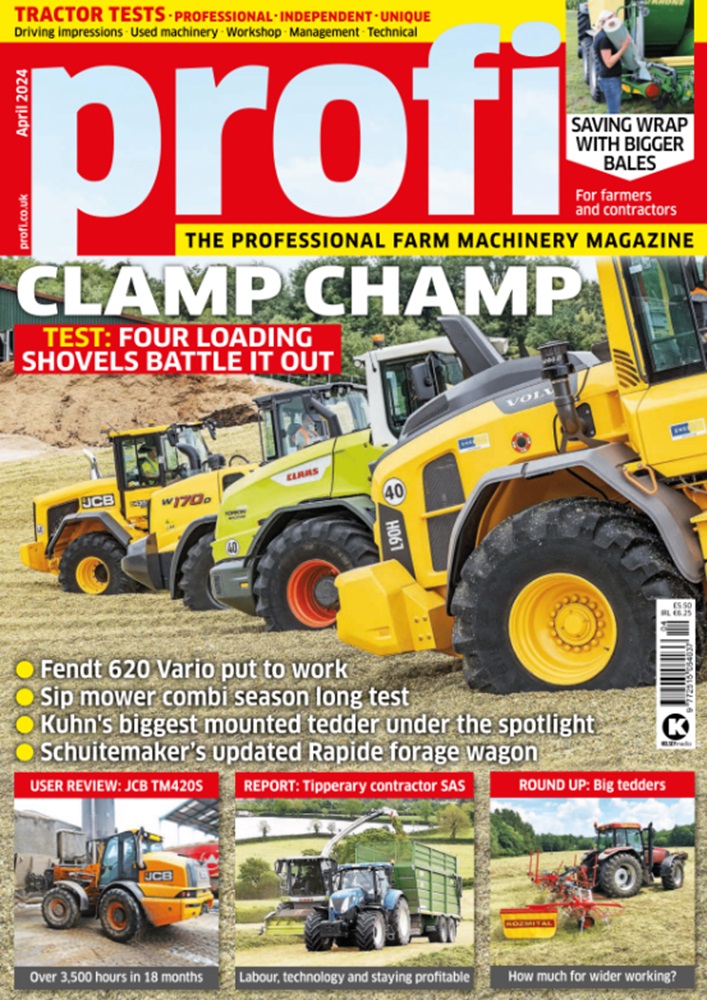This year’s International Field Robot Event (FRE) will take place in Germany, at the DLG-Feldtage (Field days). Organised by the University of Hohenheim, in cooperation with the DLG and other European universities, more than 20 student teams from 10 countries will compete with their robots to find out which performs best in the field. The FRE was launched in 2003 by the Dutch University of Wageningen, and the annual competition, which was held alongside the DLG-Feldtage for the first time in 2014, is designed to test the pioneering technologies in robotics and precision farming under real conditions.
Both a demanding practical test for the robots and their inventers, as well as exciting entertainment for the spectators, the competitive element of the event will test the entrants in five different disciplines in the trial field. For the first two tasks, the robots must show their skills in navigation tests. Working autonomously, they must quickly, precisely and purposefully drive on the experimental field and avoid or overcome obstacles.
For the third test, the autonomous vehicles must detect weeds and treat them like a conventional crop sprayer. For the fourth, and possibly most challenging test, the field robots have to automatically replenish their tiny hoppers from a filling station, and then plant the seeds correctly. In the final freestyle test, teams must demonstrate a self-selected agriculture-related task that makes their robot stand out from the rest. In addition to the competitions, visitors will have the opportunity to see examples of current field robot technology alongside the experimental units created for the FRE tests. Professional prototypes of operational field robots will also be on display. Spectators can watch the teams putting together and testing their robots and gather information in the competition tent with the help of posters explaining the various projects. Visitors will also be able to engage in discussions with experts in the field robot forum, where specialists will discuss the latest developments in this fascinating topic – not only technical issues, but how the use of technology can benefit sustainability in the agricultural sector. For the first time this year, a new Design Award will be presented to the field robot judged to have displayed the most successful design and functionality, robustness and reliability.
The DLG Field days and International Field Robot Event take place from 14 to 16 June. For more information visit: www.dlg-feldtage.de or www.fieldrobot.com/event/ B





